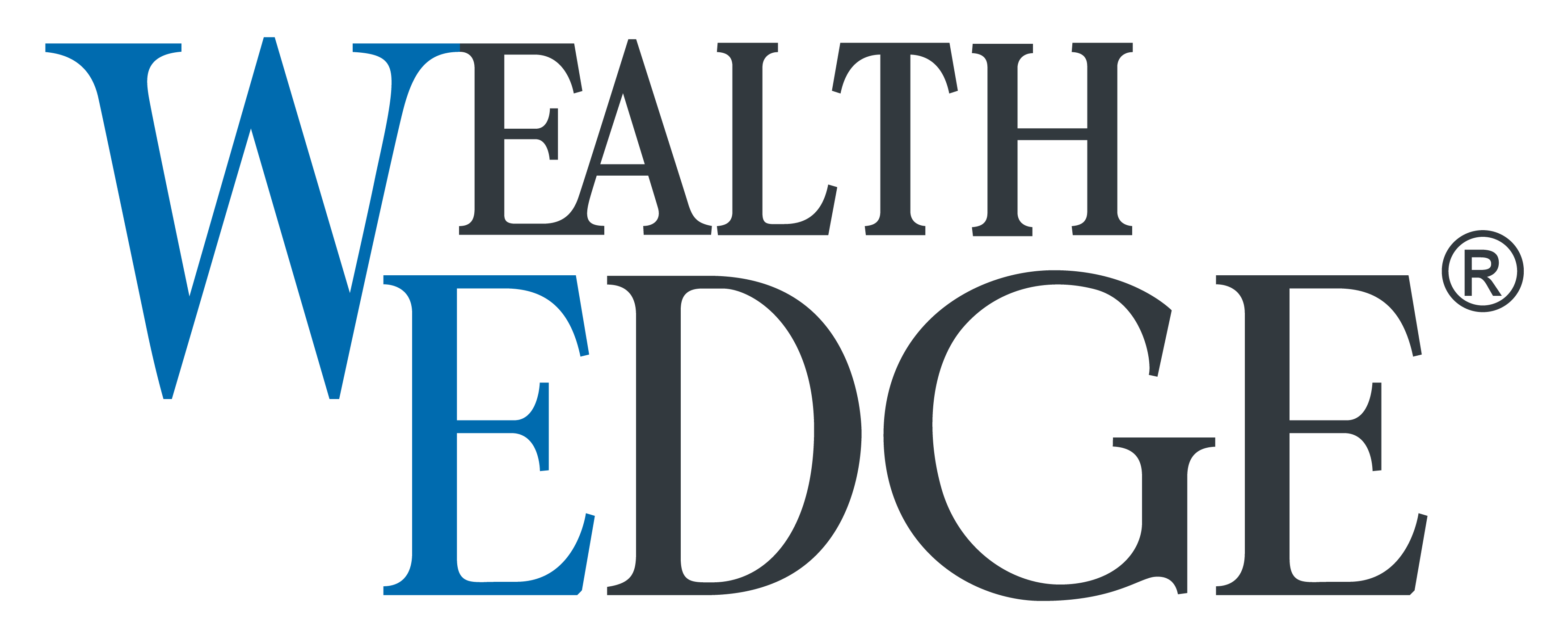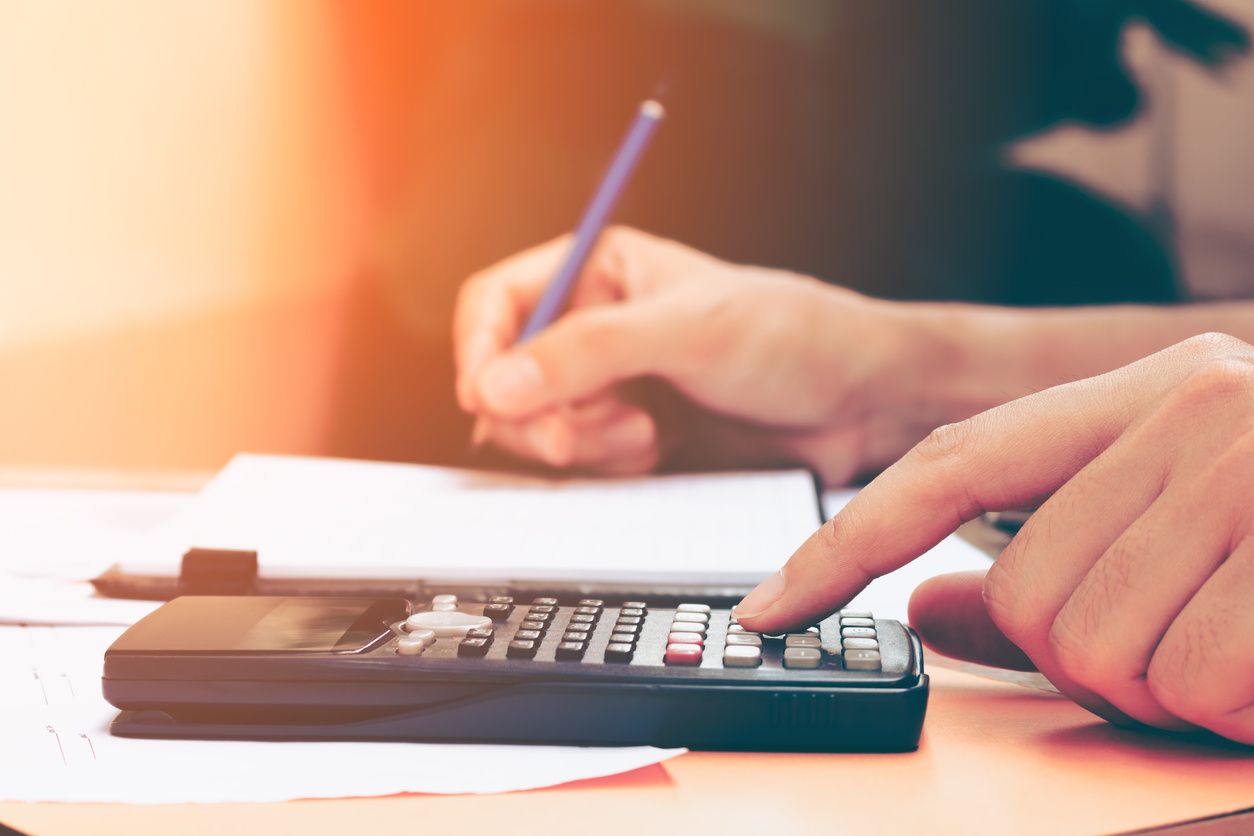Balancing Your Checkbook and Why It Is Important:
With the popularity of online banking, many people (according to some polls, up to 69%) never balance their checkbook. Balancing your checkbook each month is an important way to see how much you are spending, how much in fees you are paying, and any errors that may have occurred. This also helps minimize any overdraft fees or other penalties that you may incur from these discrepancies.
More often than not, the ending balance on your bank statement will NOT match the ending balance on your checkbook. Do not be alarmed. There are transactions that may have not posted yet by the time the bank issued their statement. It is important to reconcile these numbers so you know the actual amount in the account that is available to write checks with.
If you write a check for MORE than the amount in your account, the check will “BOUNCE” and multiple fees will be issued. AVOID BOUNCING CHECKS – the practice is a clear indicator of fiscal irresponsibility and financial laziness.
How to Balance (Or Reconcile) Your Checking Account:
Using your most recent checking account bank statement, mark all completed transactions in your checkbook register – this includes all checks, deposits, interest and fees that have processed.
Using your checkbook register as a reference, log all outstanding transactions to your bank statement (most statement have an area to do this – or use a separate piece of paper). Remember all outstanding deposits ADD to your account as a CREDIT. All outstanding checks and fees DEDUCT from your account as a DEBIT. Add up all the DEBITS and CREDITS and apply to the ending bank statement amount. The result should match your checkbook register’s ending balance.
The following example may make this process simpler:
Ending Balance in Checkbook Register – $1,453.71
Ending Balance from latest Bank Statement – $3,671.30
Outstanding Transactions:
- Check #1234 for $1,607.00
- Deposit of $2,089.20
- Check #1236 for $890.70
- Check #1237 for $923.00
- Interest earned $1.13
- Bank Fees $25.00
- Check #1238 for $862.22
Process:
Ending Bank Balance $3,671.30
Outstanding items:
- Check #1234 -$1,607.00
- Deposit +$2,089.20
- Check #1236 -$890.70
- Check #1237 -$923.00
- Interest earned +$1.13
- Bank Fees -$25.00
- Check #1238 -$862.22
So:
Ending Bank Balance – Outstanding Debits + Outstanding Credits = Checkbook Register Balance
$3,671.30 – $1,607.00 + $2,089.20 – $890.70 – $923.00 + $1.13 – $25.00 – $862.22 = $1,453.71
You have $1,453.71 available in this checking account.
As you can begin to see, it is extremely important to always know the ACTUAL amount available in your checking account and not just the ending balance in your bank statement.
With this example, a person might erroneously think that they had $3,671.30 in their account, when they actually have only $1,453.71.


